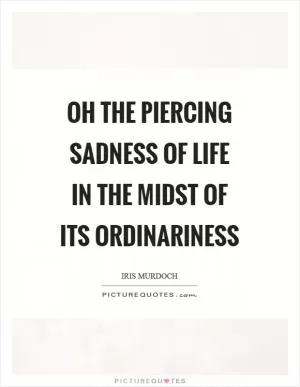No love is entirely without worth, even when the frivolous calls to the frivolous and the base to the base

No love is entirely without worth, even when the frivolous calls to the frivolous and the base to the base
Iris Murdoch, a renowned British philosopher and novelist, often explored the complexities of human relationships and the nature of love in her works. In her writing, Murdoch delves into the idea that no love is entirely without worth, even when it may seem frivolous or base.Murdoch believed that love, in all its forms, has the power to transform and enrich our lives. She understood that love can be messy, complicated, and sometimes even destructive, but she also recognized its inherent value and importance. In her novel "The Bell," Murdoch explores the various manifestations of love – romantic, platonic, and familial – and how they shape the characters' lives and decisions.
In the context of "no love is entirely without worth, even when the frivolous calls to the frivolous and the base to the base," Murdoch suggests that even the most superficial or selfish forms of love can have some redeeming qualities. While some relationships may seem shallow or misguided, they still have the potential to teach us valuable lessons about ourselves and others.
For Murdoch, love is a powerful force that can bring out both the best and worst in people. She believed that even when love leads us astray or causes us pain, it ultimately has the capacity to inspire growth and self-discovery. In her essay "The Sublime and the Good," Murdoch writes, "Love is the extremely difficult realization that something other than oneself is real."












 Friendship Quotes
Friendship Quotes Love Quotes
Love Quotes Life Quotes
Life Quotes Funny Quotes
Funny Quotes Motivational Quotes
Motivational Quotes Inspirational Quotes
Inspirational Quotes